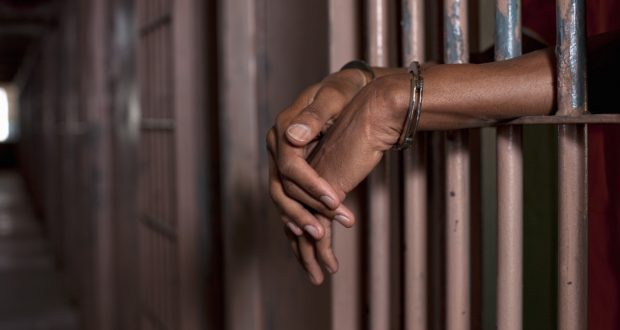Justice Benjamin Lawan Manji of the Adamawa State High Court has convicted and sentenced Grace Karka, Managing Director of Bonghe Microfinance Bank, to five years imprisonment for her role in a ₦32 million fraud.
Karka was prosecuted by the Gombe Zonal Directorate of the Economic and Financial Crimes Commission (EFCC) on a two-count charge bordering on criminal conspiracy and cheating, according to a statement by the Commission.
One of the charges reads: “That you, Grace Andreas Karka, and Prince Moses Batalu, between August 2020 and March 2021 in Yola, Adamawa State, within the jurisdiction of this Honourable Court, did agree amongst yourselves to commit an illegal act to wit: theft of the sum of ₦66,792,960.00 from Bonghe Microfinance Bank Nigeria Limited… contrary to Section 61(2) of the Adamawa State Penal Code Law, 2018.”
Karka pleaded not guilty when arraigned on November 11, 2024, prompting a full trial.
During proceedings, prosecution counsel Mubarak Tijani called several witnesses and tendered documents to support the EFCC’s case, while the defence presented three witnesses.
Delivering judgment on October 17, 2025, Justice Manji held that the prosecution had proved its case beyond reasonable doubt and consequently convicted Karka on both counts.
The court sentenced her to five years imprisonment on each count, with an option of a ₦3 million fine per count. The sentences are to run concurrently.
In addition, Karka was ordered to restitute ₦29.877 million to the petitioner, Bonghe Microfinance Bank.
According to the EFCC, Karka’s prosecution followed an audit conducted by the bank in 2021, which uncovered unauthorised fund transfers to an account belonging to Prince Moses Batalu, who was not a customer of the bank.
Investigations revealed that Karka, then Managing Director, had diverted ₦32 million to Batalu’s account without due approval. All efforts by the bank to recover the funds failed, leading to the petition and subsequent EFCC investigation.


